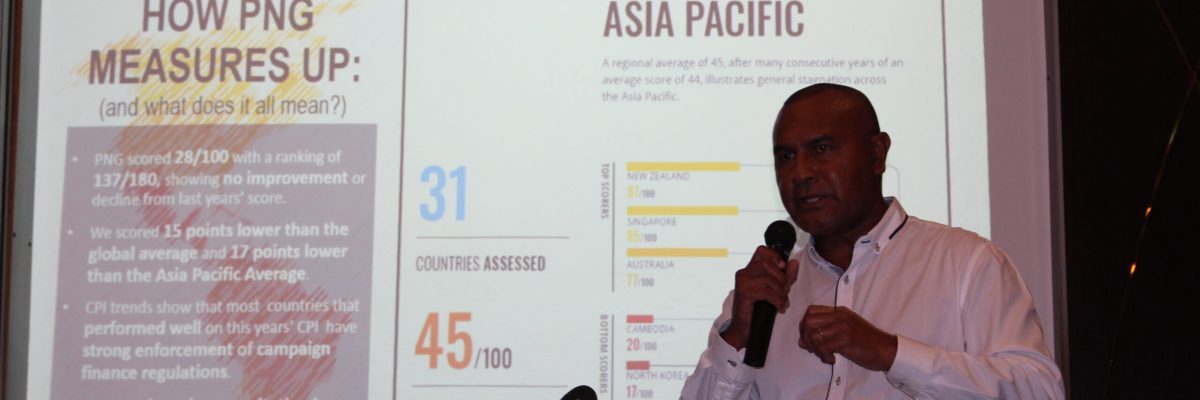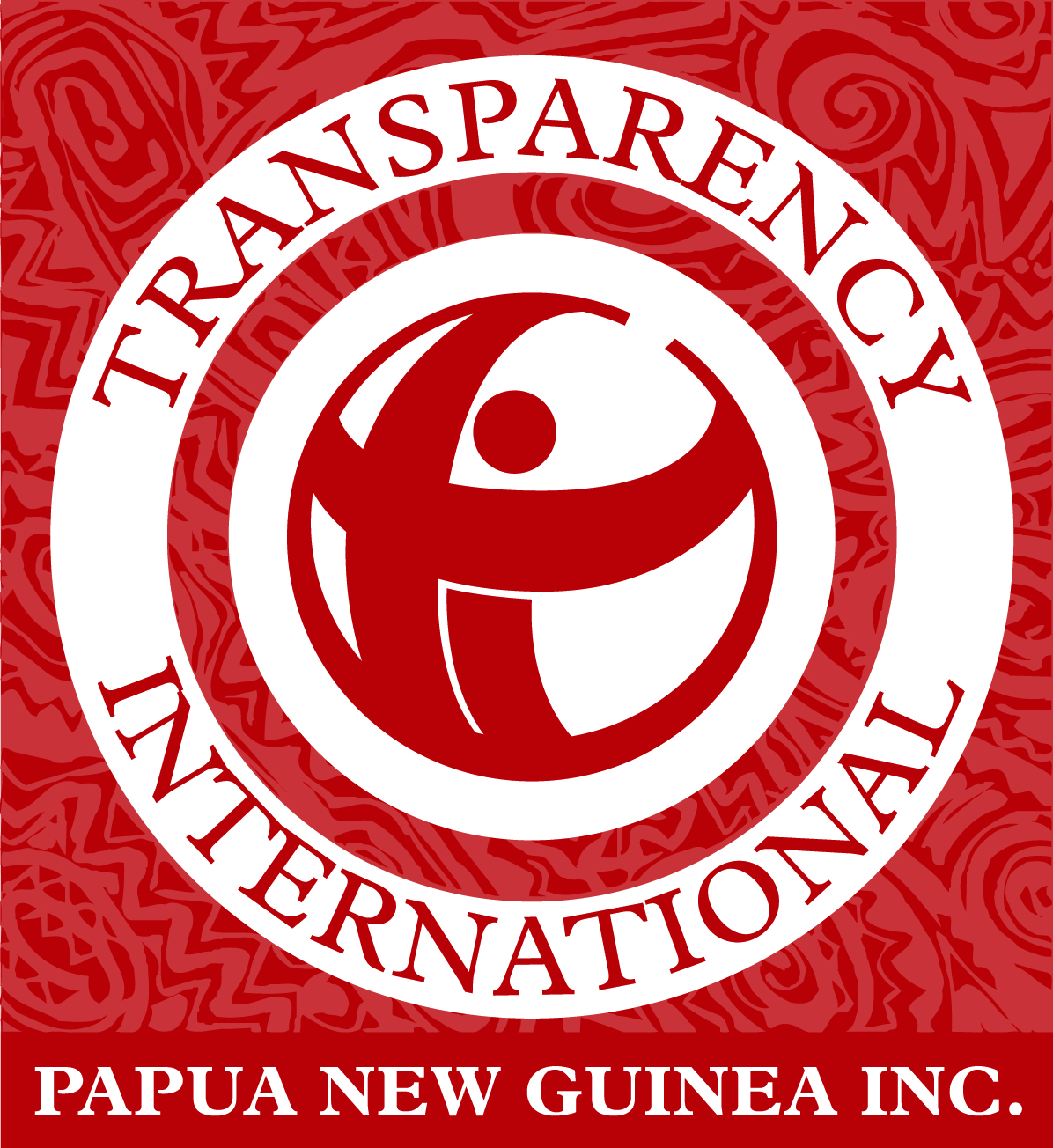Djoko Tjandra

In June 2009 Indonesian businessman Djoko Tjandra was sentenced in absentia to 2 years imprisonment and ordered by the Indonesian Supreme Court to pay back $57 million he allegedly received from the sale of now bankrupt Bank Bali (Callick, 2012).
Tjandra fled to Port Moresby in 2009 and was given refuge by the PNG Government 3 years later with local media reporting him getting PNG citizenship.
His PNG citizenship came under criticism in April 2016 with the Opposition criticising the O’Neill Government for giving refuge to the Indonesian fugitive in breach of international law (Hakalits, 2016).
However, Tjandra’s questionable background did not stop the O’Neill Government from signing an agreement with him to repair and refurbish the State-owned Central Government Building in a K145 million deal (Waeda, 2016).
Senior government ministers supported moves by a Djoko Tjandra-subsidiary Naima Agro-industry to be given a monopoly in rice production in the Central Province (Callick, The Australian, 2013).
He has surrounded himself with the country’s political elite and was even defended by Prime Minister Peter O’Neill, despite his criminal background (National, The National, 2016).
PNG’s continued association with the Indonesian fugitive raises ethical questions on how our leaders want Papua New Guineans to be seen on the global stage.
Are we global citizens promoting world values such as human rights, religious pluralism, gender equality, the rule of law, environmental protection and poverty alleviation? Or do we create our own definitions of world values and apply them at our convenience disregarding what other citizens and nationalities aspire for to create a peaceful, just and inclusive society?

